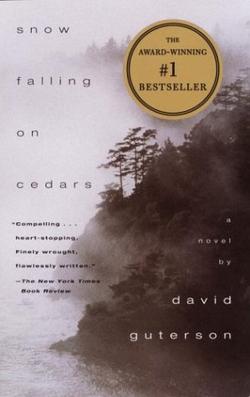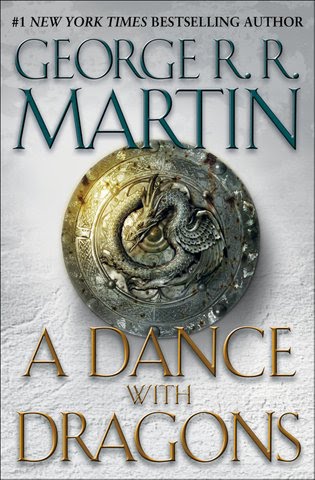My thoughts on
How Bad are Bananas? The Carbon Footprint of Everything by Mike Berners-Lee:

Book description said:
Is it more environmentally friendly to ride the bus or drive a hybrid car? In a public washroom, should you dry your hands with paper towel or use the air dryer? And how bad is it really to eat bananas shipped from South America?
Climate change is upon us whether we like it or not. Managing our carbon usage has become a part of everyday life and we have no choice but to live in a carbon-careful world. The seriousness of the challenge is getting stronger, demanding that we have a proper understanding of the carbon implications of our everyday lifestyle decisions. However most of us don't have sufficient understanding of carbon emissions to be able to engage in this intelligently.
Part green-lifestyle guide, part popular science, How Bad Are Bananas? is the first book to provide the information we need to make carbon-savvy purchases and informed lifestyle choices, and to build carbon considerations into our everyday thinking. It also helps put our decisions into perspective with entries for the big things (the World Cup, volcanic eruptions, and the Iraq war) as well as the small (email, ironing a shirt, a glass of beer). And it covers the range from birth (the carbon footprint of having a child) to death (the carbon impact of cremation). Packed full of surprises-a plastic bag has the smallest footprint of any item listed, while a block of cheese is bad news-the book continuously informs, delights, and engages the reader.
Highly accessible and entertaining, solidly researched and referenced, packed full of easily digestible figures, catchy statistics, and informative charts and graphs, How Bad Are Bananas? is doesn't tell people what to do, but it will raise awareness, encourage discussion, and help people to make up their own minds based on their own priorities.
The short version: A great reference with a catchy title. The book itself is laid out in a logical manner, going in orders of magnitudes of carbon emissions equivalent (under 10 grams to 1 million tons and beyond). The author combines both top-down and bottom-up approaches in calculating his footprints, which is no easy task given the interconnectedness of everything we produce and consume nowadays.
Some interesting tidbits from the book:
-How bad really are bananas? They are a very low-carbon food: they are grown without greenhouses, shipped with minimal packaging via large cargo ships, the most efficient form of long-distance transportation. Keep eating them!
-Bottled water has 1000x the carbon footprint as the stuff coming out of the faucet. Avoid anywhere you have decent tap water. Save your money as well.
-Plastic bags are nasty for a bunch of reasons, but are not a big carbon concern.
-Meat (especially from ruminants like cows and sheep) and dairy have huge footprints due to the generation of methane.
The book isnt perfect. On occasion, his methodology is hard to understand. References are provided in the back, but they are not always adequately explained. Im still trying to figure out what a climate-change related death is and how it is calculated. In addition, the book is from the UK, so sometimes its a little difficult relating his experiences to the ones in North America, even though he converts everything to pounds and has included a lot of Canadian and American content.
But those are minor quibbles. The content is informative and presented in an appealing and accessible way.
Above all, it is his approach and his writing that really sold me on the book. In the first few pages, the author stresses the need to look at the big picture, to pick the right battles for reducing carbon emissions, to not succumb to misdirection and obfuscation, and to hone in on areas of your personal life that work for you to produce the most bang for your buck.
He frankly admits to the fuzziness of the numbers and that there is a lot of room for improvement. But his real goal is to produce a resource with ballpark figures so that people can wrap their heads around this really complex issue. I found this aspect really refreshing as I went through the book; its evident that he is a subject matter expert and has poured a lot of energy into this, but he never comes across as being boisterous and authoritative. He even provides an email address for improvements and suggestions.
I dont buy too many books nowadays, but Im glad I got this one: its a keeper.
Its for anyone who thinks, to quote the author, climate change is a big deal, its caused by humans, and we can do something about it, and is interested in some carbon awareness. Highly recommended.













Paper.jpg)














